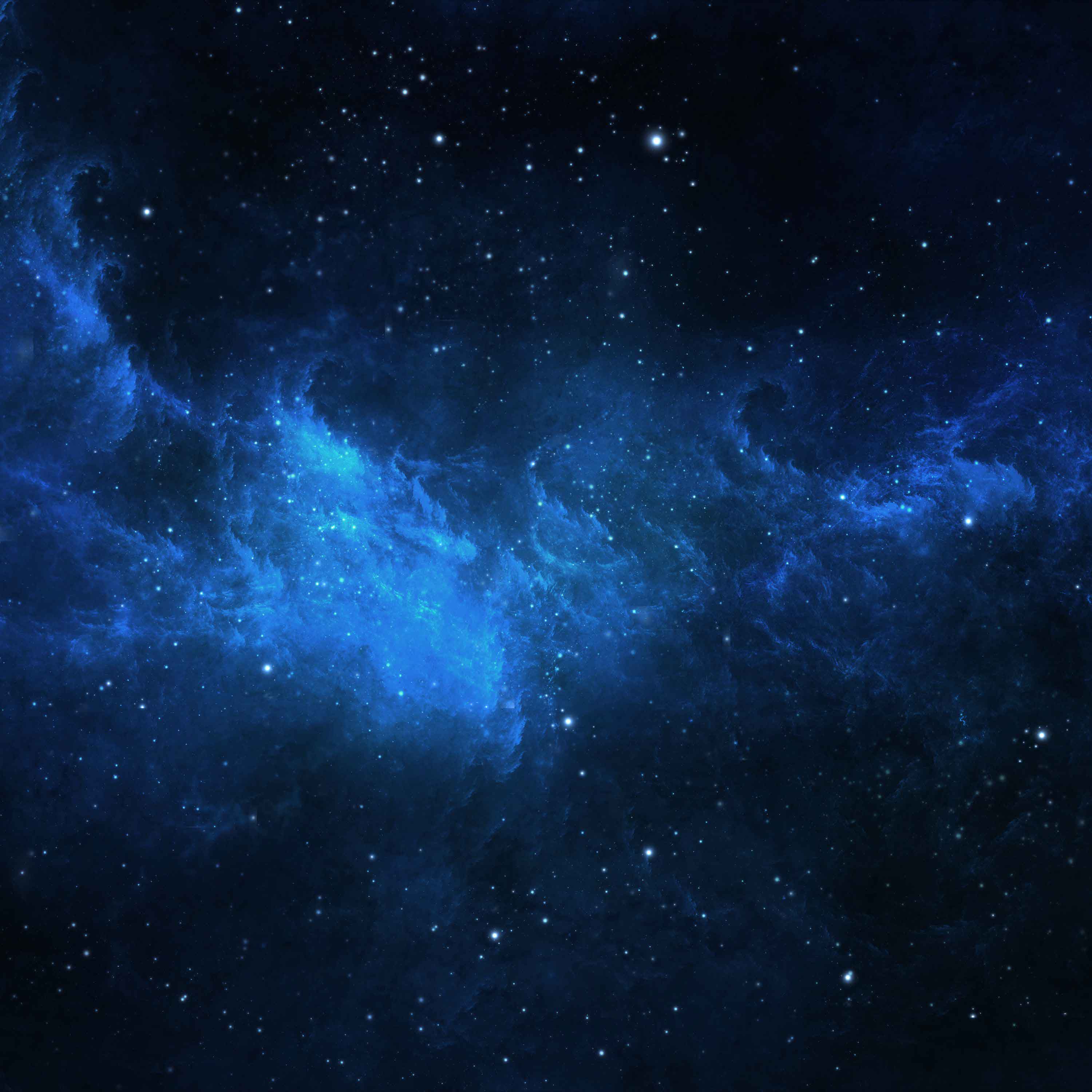GECO Cosmo Circle
Martin Kärcher will present the paper "Can late-time extensions solve the H0 and σ8 tensions?" (https://arxiv.org/abs/2202.01202) The Cosmo Circle takes place in the Mistral meeting room at the LAM. Nicolas and Martin
Martin Kärcher will present the paper "Can late-time extensions solve the H0 and σ8 tensions?" (https://arxiv.org/abs/2202.01202) The Cosmo Circle takes place in the Mistral meeting room at the LAM. Nicolas and Martin
"Bayesian Computational Statistics for the study of galaxy Spectral Energy Distributions" by Grégoire Aufort Abstract : The exploitation of new observation tools in astrophysics requires the development of new statistical tools in order to be effective and precise. We are particularly interested Bayesian statistics for the study of the Spectral Energy Distributions of galaxies. After […]
Dark Matter distribution and cosmological simulations – Characterization with the Minkowski Functionals PhD defense (in English) by Guillaume Bonnet. Abstract This thesis addresses the formation and evolution of structures and more specifically the dark matter distribution within halos in a cosmological context. We start by introducing the general context of structure formation in cosmology. Then […]
Médéric BOQUIEN (Centro de Astronomía, Universidad de Antofagasta): "First results of the PHANGS/JWST Treasury program on star formation in nearby galaxies". The cafe-club will take place at 11:00 am in the Library at LAM and on usual AMU virtual room You can find the schedule of upcoming café-clubs and the video of old ones in […]
Dear all, The Galaxy Evolution Circle will restart in a different format. Every two weeks, we will pick-up a particular subject. The idea will be to create a round table where we will discuss the following points: - An small introduction. - Classic and recent articles. - Active (LAM) people working on the subject. - Instruments. - On-going and future projects. - Perspective. For our first G.E Circle (14/Oct./15h at Mistral room) we propose to discuss Galaxies at the reionisation epoch. The idea is to maintain the discussion lively and informal. We look forward to have your presence in person.
Self-gravitating vortices in protoplanetary discs PhD defense by Steven Rendon Abstract Structures observed in protoplanetary discs could be due to large-scale vortices whose consequences on planetary formation are still uncertain. The main interest of the vortices is their ability to rapidly capture and trap the solid particles; indeed, the large clumps formed in the vortex […]
"Constraining the formation and evolution of the largest main belt asteroids" Abstract Asteroids in our Solar System exhibit a wide variety of sizes, shapes, compositions, and orbital properties and provide powerful constraints for planetary system formation models. However, little is known regarding their densities and internal structure although these are fundamental properties that derive from […]
Title: Early Planet Formation: Exploration Goals for NASA's Lucy and Psyche Mission Speaker: Prof. Richard Binzel (MIT) Abstract: Two NASA spacecraft missions, Lucy and Psyche, will explore distant asteroids in our solar system that provide a window to the earliest era of planet formation. Lucy, launched in 2021 is en route to explore a group […]
Pavan VYNATHEYA (Max Planck Institut für Astrophysik, MPA, Garching): "Gravitational waves from quadruple stars - quadruple the fun (?)" The cafe-club will take place at 11:00 on zoom AMU virtual room. You can find the schedule of upcoming café-clubs and the video of old ones on the Cafe Club wiki Take care, Carlo, Mathilde, Meriam […]
Loïc Barbot PhD student will present his work on astronomical navigation. Here is the abstract of the presentation : Astronomical navigation is still studied in merchant or naval academies as a method to fix the position of a ship. Considered as an emergency technic, it is implemented by an observer measuring with the sextant the […]
Dear all, The Galaxy Evolution Circle will restart in a different format. Every two weeks, we will pick-up a particular subject. The idea will be to create a round table where we will discuss the following points: – An small introduction. – Classic and recent articles. – Active (LAM) people working on the subject. – Instruments. – On-going and future projects. – Perspective. For our second G.E Circle (28/Oct./15h at Mistral room) we propose to discuss Star formation in The WM and nearby galaxies. The idea is to maintain the discussion lively and informal. We look forward to have your presence in person.
Laurie Paillier research engineer at ONERA will present her work about optical links from ground to space. Here is an abstract of her presentation : Both the increasing imaging resolution of earth observation satellites and the advent of a space based globalized internet are currently urging for very high data rate transmissions between space and […]

